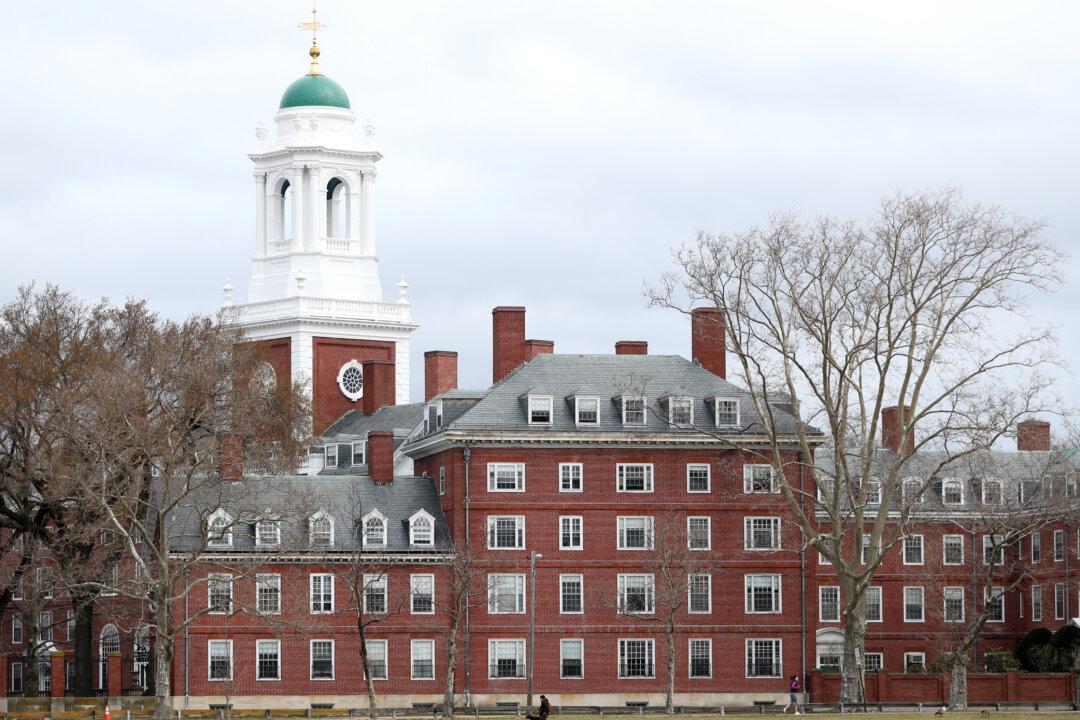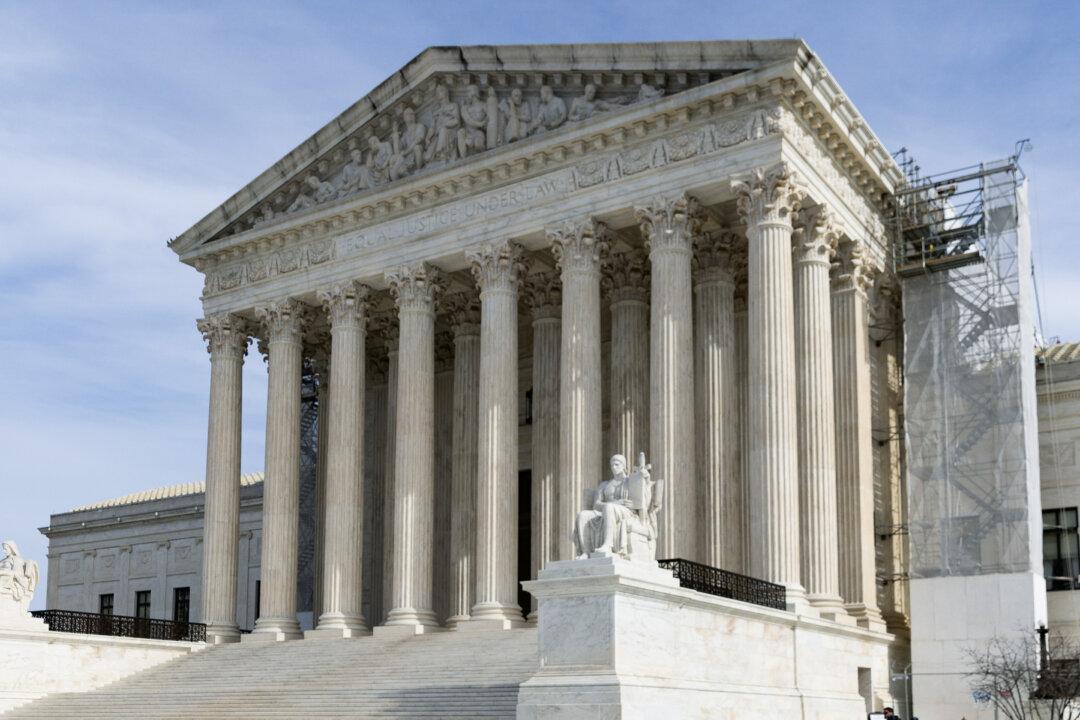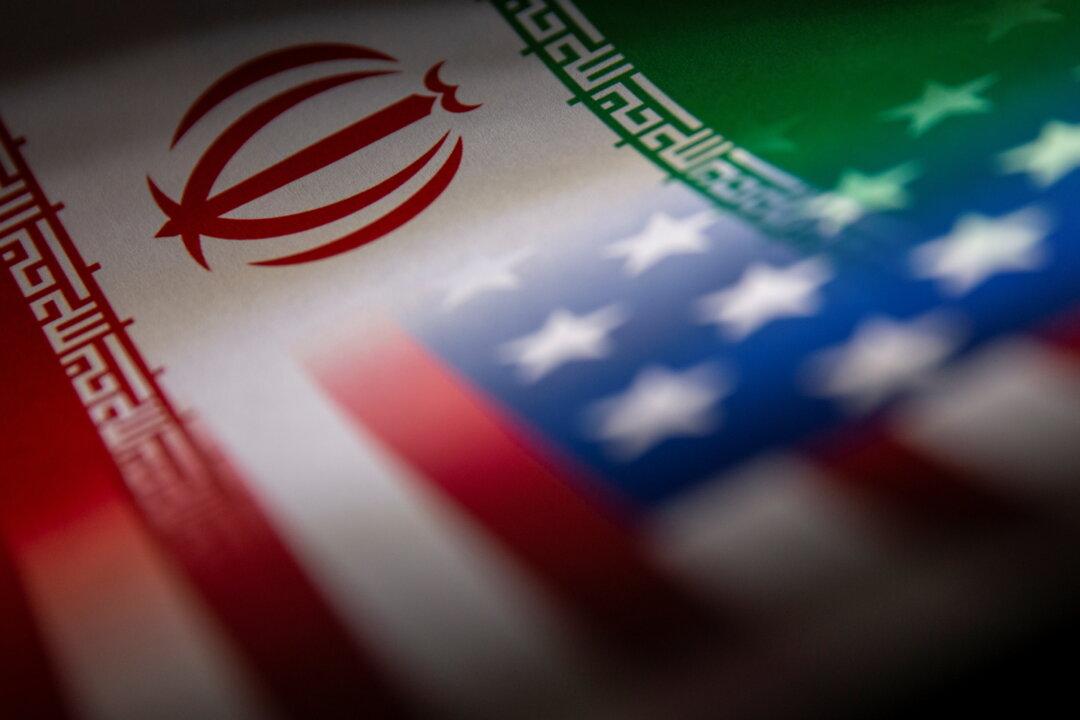Commentary
Harvard University’s deflection, if not defiance, in the wake of disgraced but still-tenured professor Claudine Gay’s resignation from the school’s presidency suggests that the diversity, equity, and inclusion (DEI) regime at the heart of the scandal remains unbowed.





